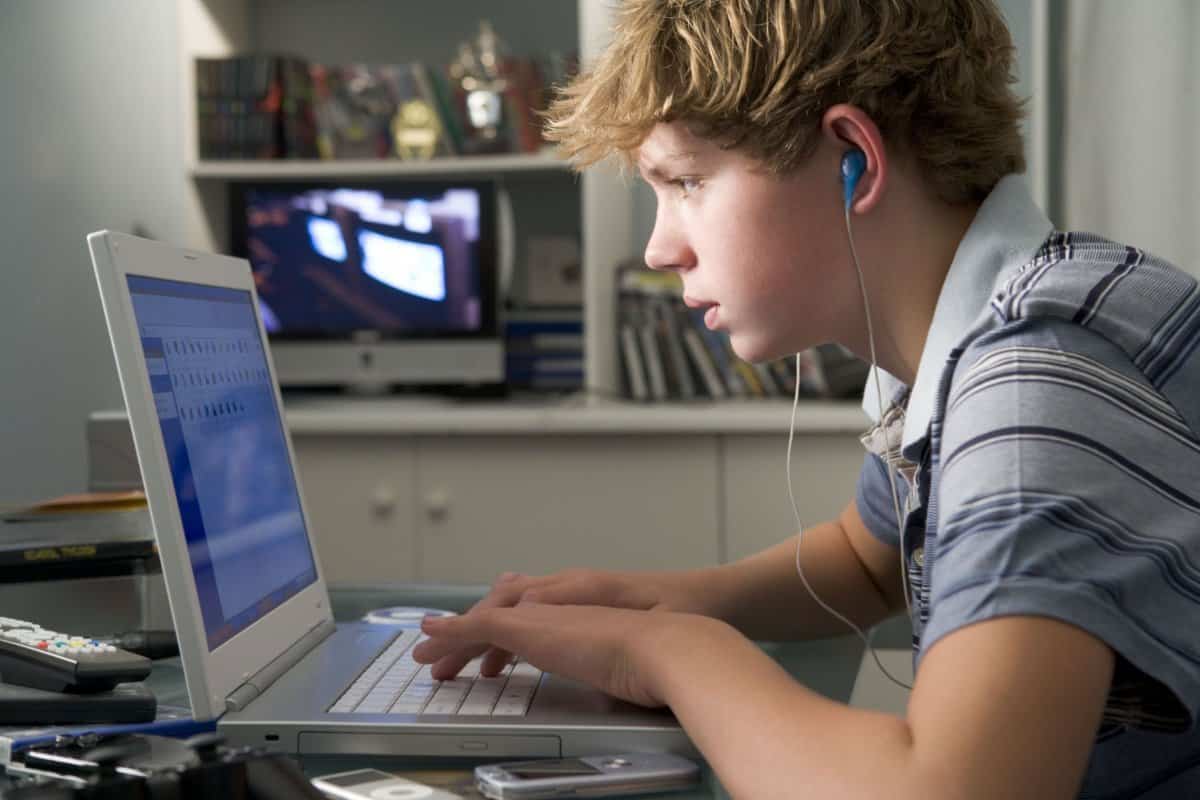 Children with special needs thrive on structure, routine and predictability, something that unfortunately through this time runs on very low supply at a common household. Every child has the right to be sad or anxious during these times but it’s extremely hard for a child with special needs to express their frustrations, fears and anxieties and communicate about their feelings , so here are some tips that you can follow as a parent in order to comfort them and ensure to them that this shall pass.
Children with special needs thrive on structure, routine and predictability, something that unfortunately through this time runs on very low supply at a common household. Every child has the right to be sad or anxious during these times but it’s extremely hard for a child with special needs to express their frustrations, fears and anxieties and communicate about their feelings , so here are some tips that you can follow as a parent in order to comfort them and ensure to them that this shall pass.
Keep a consistent schedule
It is OK to have a late Friday Pizza and movie night with your child, but if this becomes a habit everyday now that schools are out, it will eventually create more issues and behaviors. Try to maintain a daily schedule with bed time, nap time and waking up time similar to the typical school days. Eventually schools will re-open and you don’t want to go through the process of having to do bed time training again.
Maintain their school schedule at home
If your child cannot participate in their remote school program that their teachers have set up, it’s wise to communicate with their teachers and receive training for you or any other care taker on how to implement the same learning schedule and activities at home. Of course, if you have other kids at home that need your attention it can be challenging, but even if you can maintain fifty percent of that schedule will make such a difference in the progress of your child. Set up a similar token system, with rewards and breaks and snack time similar to the school setting. If your child has a number of ADL programs, such as learning how to wash their hands, or getting dressed, or toilet training please follow it. We all have days that we want to stay with our pajamas on all day, but it is essential for parents of special education kids to maintain those daily routines and keep assisting their kids with their daily routines even if they are not going anywhere. It takes their special education and their behavior analyst weeks and months to teach them how to put on their shirts or their pants, and this is something that cannot be taken for granted or let it regress.
Mindfulness and Self Care
There is evidence and statistics that show an increase in the numbers of heart attacks, depression, addiction and domestic violence during the pandemic. Also eating unhealthily and gaining weight are very common now, because most of us are secluded in the house, bored and let’s face it food and baking makes everything better some times. Most of us know how to deal with the daily stress of life and have some coping skills that have help us throughout the years. But this pandemic it’s something new and unheard to all us, and it’s just hard to deal with the unpredictable. For that reason, it is important to be able to practice mindfulness and Self Care. There are many different types of self-care, such as: Emotional self-care, physical self- care, mental self- care, social self- care and financial self-care. Keeping a journal or just a notebook, and writing down every day which type of self-care you would like to practice it’s a great idea. You can start your week by stating that Monday, you would like to work on your physical self-care, and write down how will you do it, such as I will exercise for half hour and eat a nutritious and healthy meal etc. You can practice more than one self-care type everyday of course, but writing it down makes it more visible and tangible and you can even reward yourself for following through with your goals of self-care.
Mindfulness it’s also very similar to self-care, and it has been a new trend at jobs settings, schools and sports teams. It decreases stress, improves academics, helps with better emotional and self-control, improves clarity and sleep and in general it helps with general health and the wellbeing of an individual. Any activity that provides a healthy way to de-stress and calm oneself, such as yoga, Reiki Zen -Picture coloring, deep breathing exercising, positive affirmation writing and meditation count as a productive mindfulness activity. It’s something you can do at home with your family and can increase focus, positivity and strengthen emotional control. You can practice most of the mindfulness activity at home, either alone or with your family or with friends, schoolmates colleagues and extended family members as a group practice via Skype or zoom.





